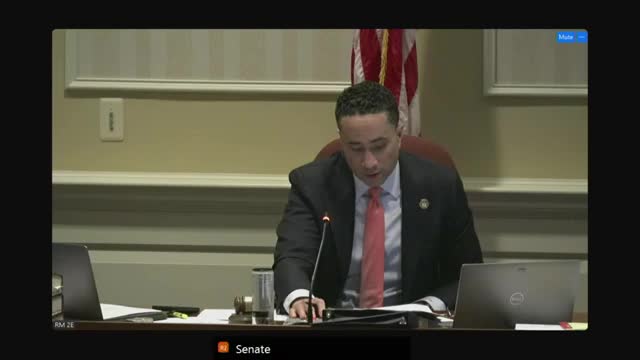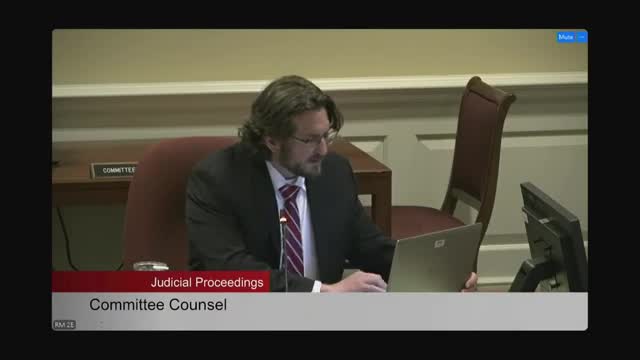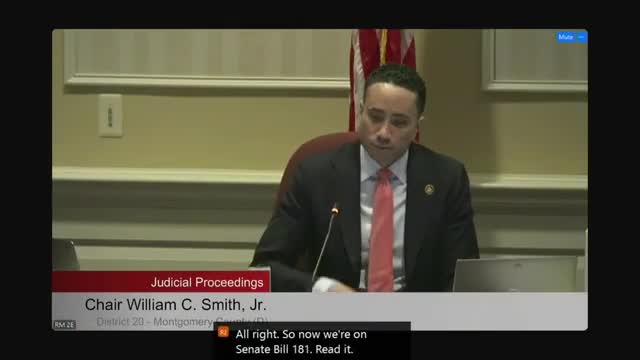Article not found
This article is no longer available. But don't worry—we've gathered other articles that discuss the same topic.

Committee holds bill after lawmakers debate age threshold and intent element in caregiver-theft measure

Committee advances bill expanding revenge-porn law to cover AI-generated intimate images

Votes at a glance: Judicial Proceedings Committee, March 5, 2025

